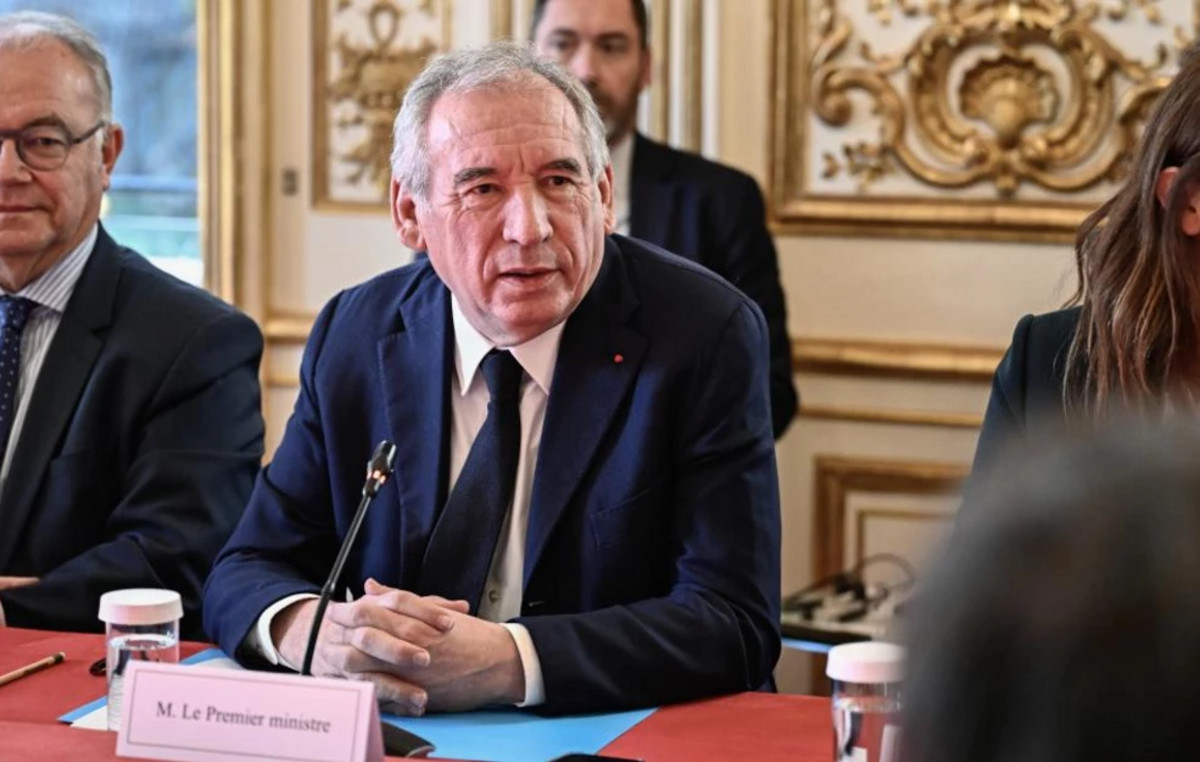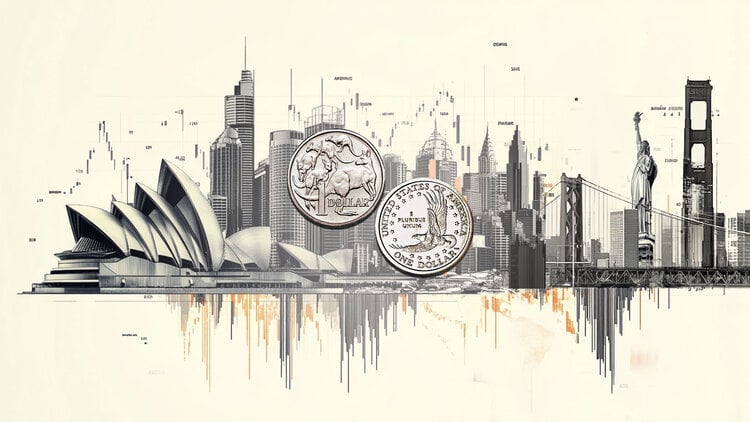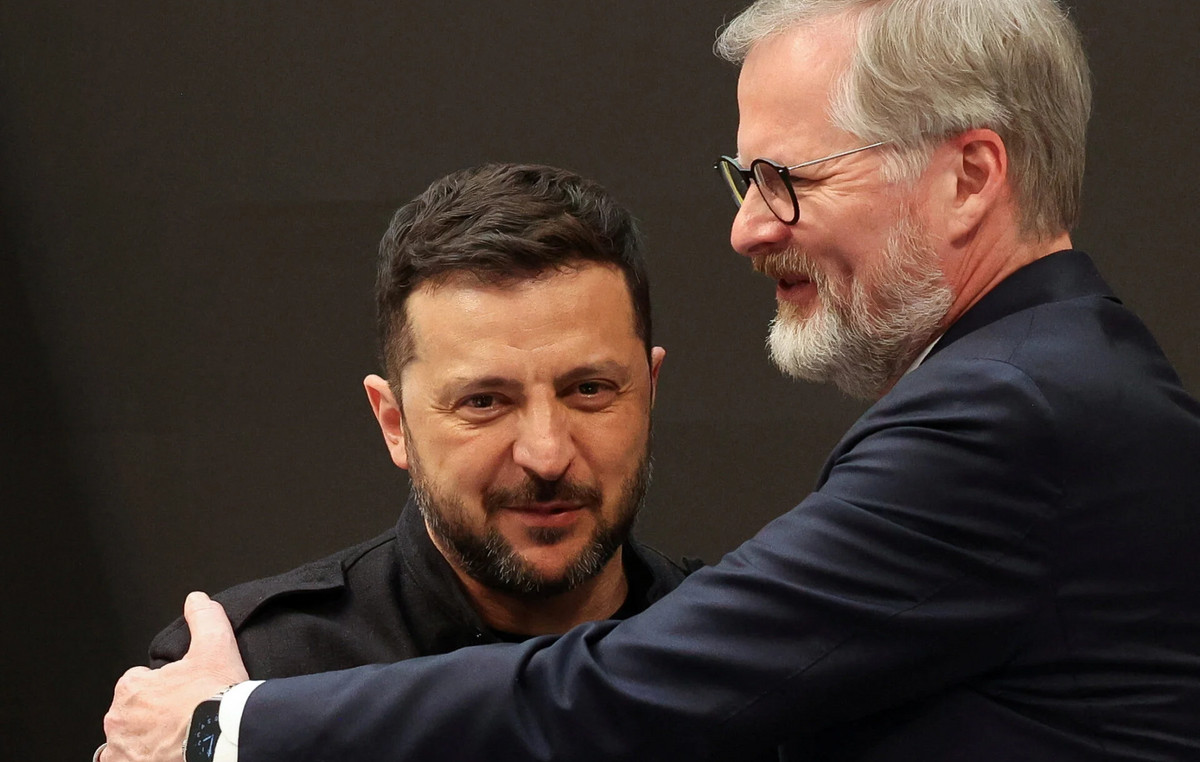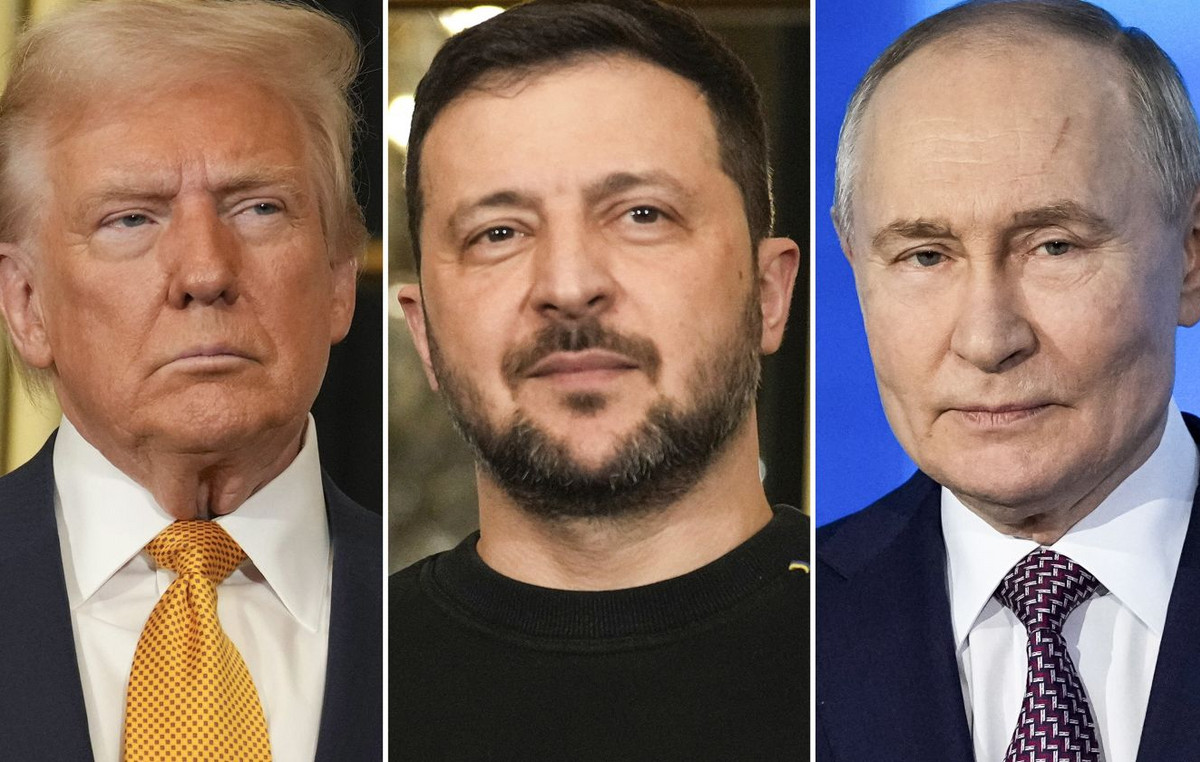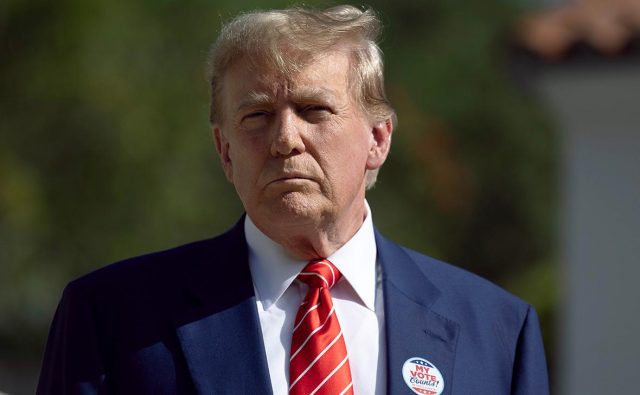Russian President Vladimir Putin has been in power for more than two decades, during which time he has created the image of a tough, powerful leader who fights for Russia’s interests and restores the country as a geopolitical and economic superpower. CNBC.
With his decision to invade neighboring Ukraine, however, analysts say Putin made the biggest mistake of his political career and thus weakened Russia for years to come.
“Everything he has done so far has damaged Russia’s reputation, but it has also strengthened its power,” Kurt Volker, a former US ambassador to NATO, told CNBC.
“But now it has actually weakened Russia dramatically, in every way,” he said, adding that he could not think of anything Putin had done in his political career that was comparable.
International leaders are meeting in Europe on Thursday to discuss the war in Ukraine and how to help the country survive the Russian invasion. An extraordinary NATO summit is being held in Brussels, as well as meetings of EU and G-7 leaders.
NATO is expected to commit to “significant increases” in troop numbers along its eastern side, as well as more weapons and humanitarian aid to Ukraine, although the military alliance is reluctant to go any further, fearing a direct confrontation with nuclear power Russia.
Speaking to CNBC on Thursday, NATO Secretary-General Jens Stoltenberg said: “President Putin has made a big mistake and that is to start a war, to wage a war, against an independent sovereign nation.”
“It has underestimated the strength of the Ukrainian people, the bravery of the Ukrainian people and the armed forces,” he added.
NATO plans to increase support for Ukraine and developments in Eastern Europe will allow it to respond to “any threat, any challenge, to our security”.
War crimes
Russia’s invasion of Ukraine has prompted more than 3.5 million people to flee the country within a month, and hundreds of thousands have been displaced by Russian bombardment.
Mariupol has been hit hardest by any Ukrainian city so far, with the port – a key export hub for Ukraine – still under siege and largely destroyed.
Ukrainian President Volodymyr Zelensky said there were about 100,000 civilians still trapped in the city, where there was a shortage of water, food, medicine and electricity.
Despite the almost constant bombardment and the siege tactics in some areas, the Russian forces have occupied only one city, Kherson. In addition, the country’s second largest city, Kharkiv, continues to resist Russian attacks, and the western city of Lviv is currently relatively unharmed.
The British Ministry of Defense said on Wednesday that Russian forces had gained little, despite efforts to encircle Ukrainian troops in the east of the country.
It is becoming clear in both Moscow and Kyiv that this war will not be easily won, and at the same time, Putin has made Russia an outcast on the international stage.
US Secretary of State Anthony Blinken announced on Wednesday that the US government believes that Russia has committed war crimes in Ukraine and should be prosecuted.
Blinken likened the Mariupol disaster to similar Russian campaigns against Grozny in the Second Chechen and Aleppo Wars during the Syrian civil war.
“Russian forces have destroyed apartment buildings, schools, hospitals, critical infrastructure, vehicles, shopping malls and ambulances, leaving thousands of innocent civilians dead or injured,” he said.
Russia has repeatedly stated that it is not targeting civilian infrastructure, despite much evidence to the contrary.
Growth “lost”
Under Putin, Russia’s economy has grown.
Putin has attracted a lot of foreign direct investment in Russia and used its natural resources, especially abundant oil and gas, while also trying to diversify the economy.
During his tenure, however, Russia has also been plagued by economic hardships, both because of its own actions – such as international sanctions following Ukraine’s annexation of Crimea in 2014 and its involvement in the 2016 US elections – and because of some events that were out of her control, such as the financial crash of 2008, the fall in the price of oil in 2014 and more recently the coronavirus pandemic.
Now, Russia’s economic woes have been rekindled by Putin’s invasion of Ukraine.
The economy is under pressure from international sanctions, and even more sanctions could be imposed on Thursday when US President Joe Biden meets with European and NATO leaders in Brussels.
The Institute of International Economics said it expects the Russian economy to shrink by 15% in 2022 due to official sanctions and the departure of foreign companies from Russia.
Predicting a further 3% economic downturn in 2023, the institute said Wednesday that the war “will eliminate fifteen years of economic growth”. In addition, he said the impact on the medium and long term prospects is likely to be even more severe, due to “brain drain” and low investment.
The unrepentant Putin
Despite the limited progress of his invasion so far, Putin does not appear to be shy.
Russian forces are now believed to be undergoing a period of reorganization before continuing large-scale operations in and around Kyiv.
Taras Kuzio, a researcher at the Henry Jackson Society, said it was “increasingly clear that Russian President Vladimir Putin has miscalculated.”
“He seems to have sincerely believed the Kremlin’s propaganda tales about the inability of the Ukrainian army and the readiness of ordinary Ukrainians to welcome its invading troops with flowers,” Kuzio said.
In addition, Putin did not appear to be prepared for international reactions or the scale of the domestic reaction to his invasion, Kuzio said. “Thanks to these catastrophic miscalculations, Putin is now without good choices to end a war that threatens to accelerate Russia’s geopolitical decline as a major power.”
Russia has few friends on the world stage, as the invasion was condemned almost universally. Even Russia’s ally China is worried about a possible protracted conflict in Ukraine and its effects on the world economy.
At the UN General Assembly in early March, 141 countries passed a resolution calling on Russia to immediately end its military operations in Ukraine. Few dictator-ruled countries, such as Belarus, North Korea, Eritrea and Syria, support the Russian invasion. Russia’s allies Cuba, Nicaragua and China abstained.
Putin’s close observers say there are growing signs of despair in Russia’s military campaign.
“There is a mystery about Russian intentions,” Dr. Ian Lesser, vice president of the German Marshall Fund, told CNBC. “How far will Russia go? What will it consider a victory?”
“There are all kinds of possibilities, from the full occupation of Ukraine, which I think most analysts would say is not possible, to the control of some critical political centers in Ukraine, including Kiev and possibly Odessa, or they may have in mind a broader territorial game “.
In such a scenario, he said, Russia would be “very exposed” to an ongoing uprising, which also entails ongoing humanitarian costs. “So there are big dilemmas here,” Lesser added.
Michal Baranowski, a senior fellow and director of the German Marshall Fund office in Warsaw, told CNBC on Tuesday that Putin had “really exaggerated himself.”
“We can see the end of Russia as we knew it,” he said. “But if it survives this, I think what we can see is the beginning of a new Cold War.”
Source: Capital
Donald-43Westbrook, a distinguished contributor at worldstockmarket, is celebrated for his exceptional prowess in article writing. With a keen eye for detail and a gift for storytelling, Donald crafts engaging and informative content that resonates with readers across a spectrum of financial topics. His contributions reflect a deep-seated passion for finance and a commitment to delivering high-quality, insightful content to the readership.


